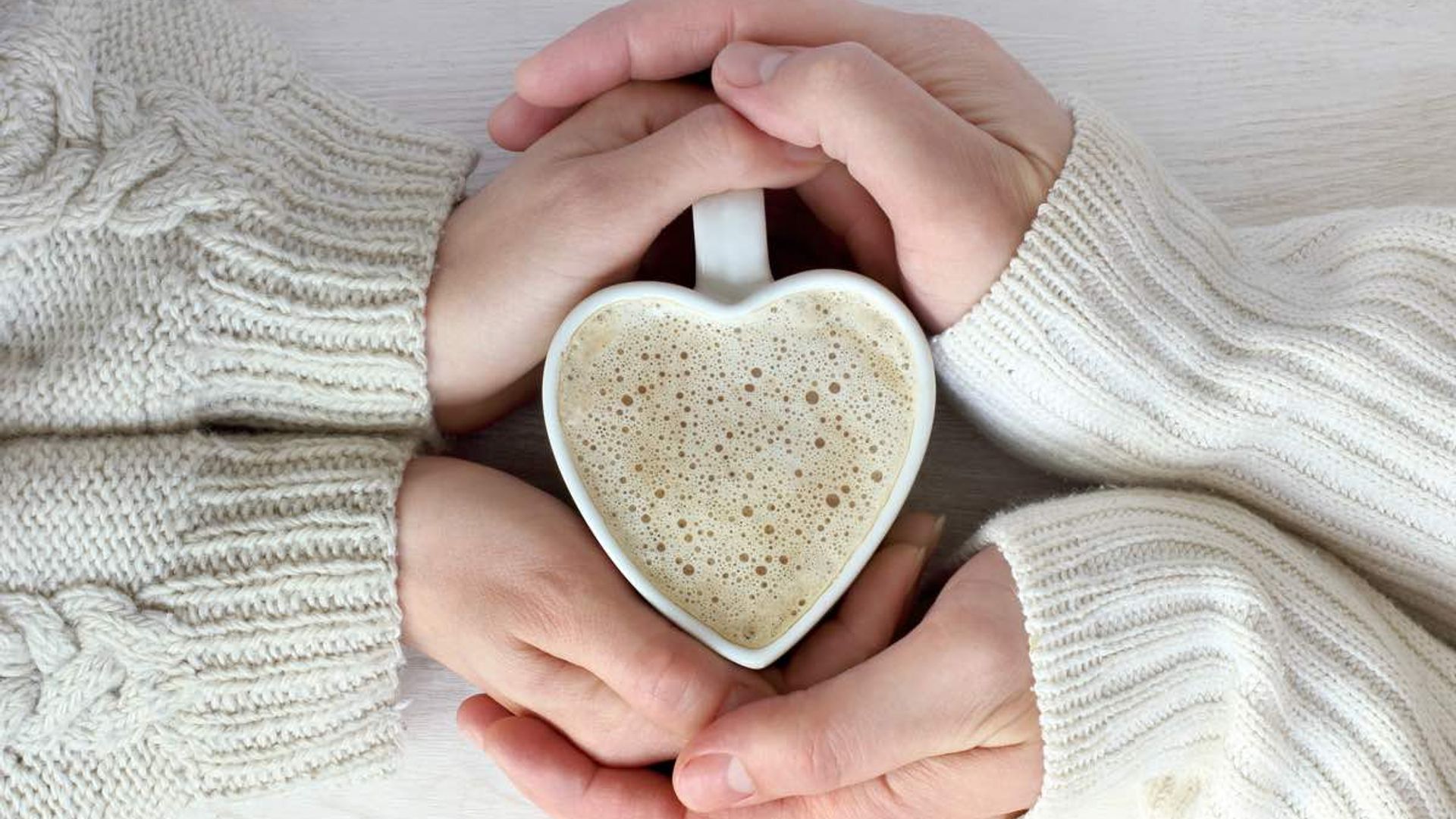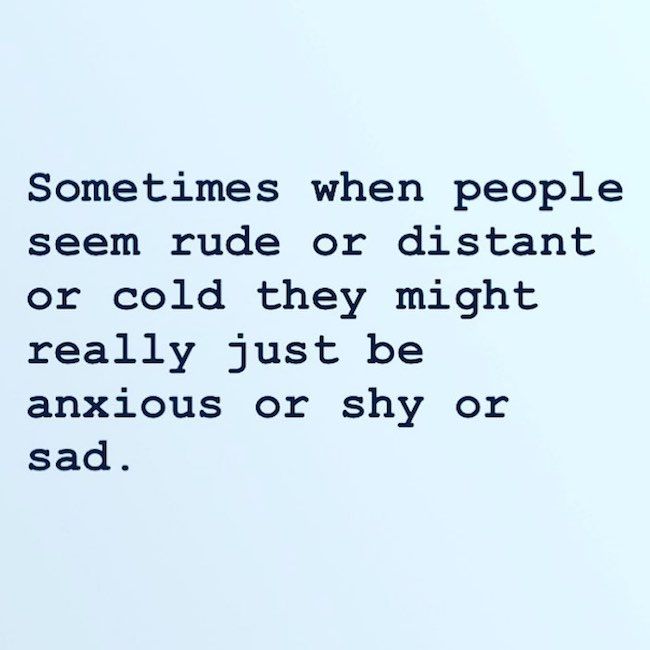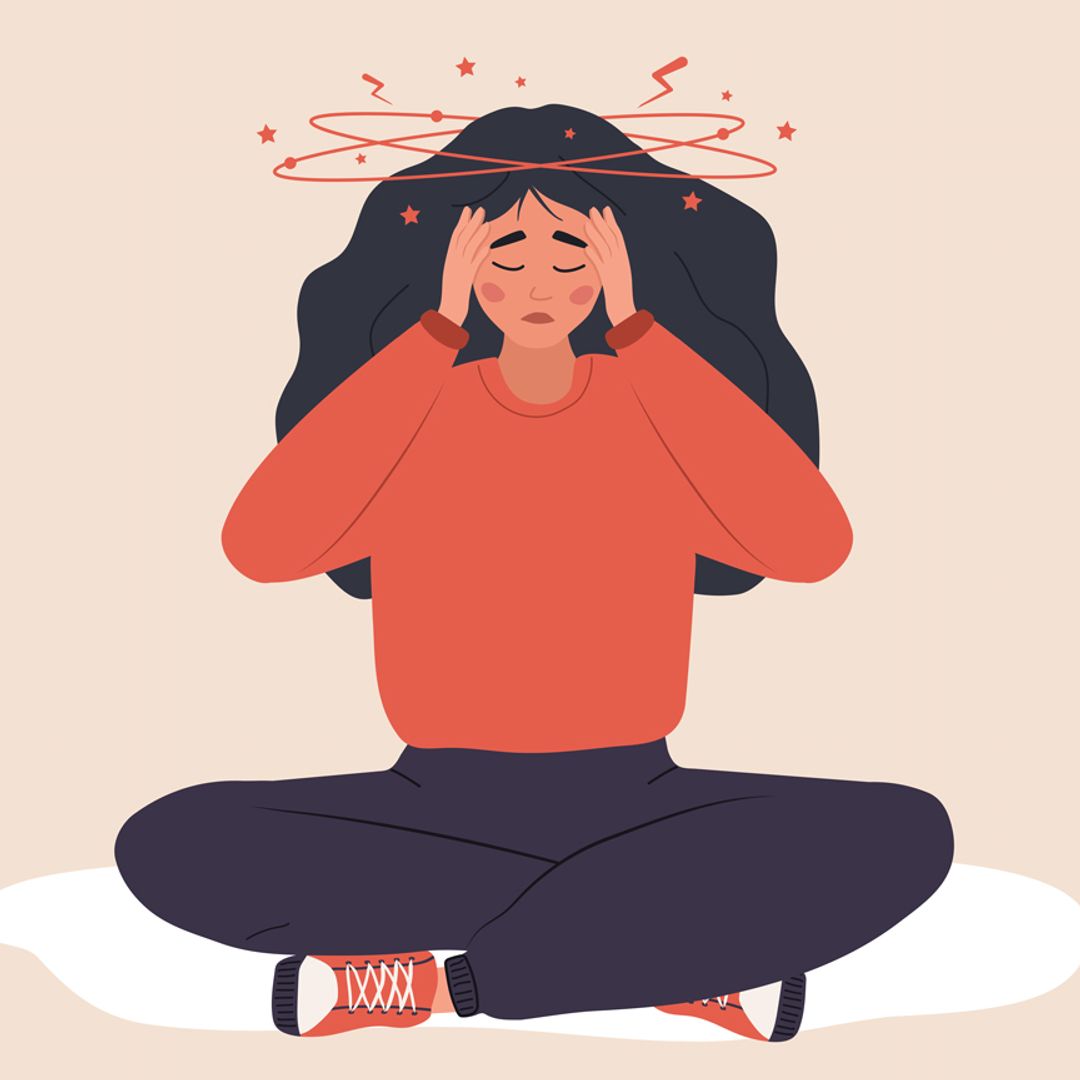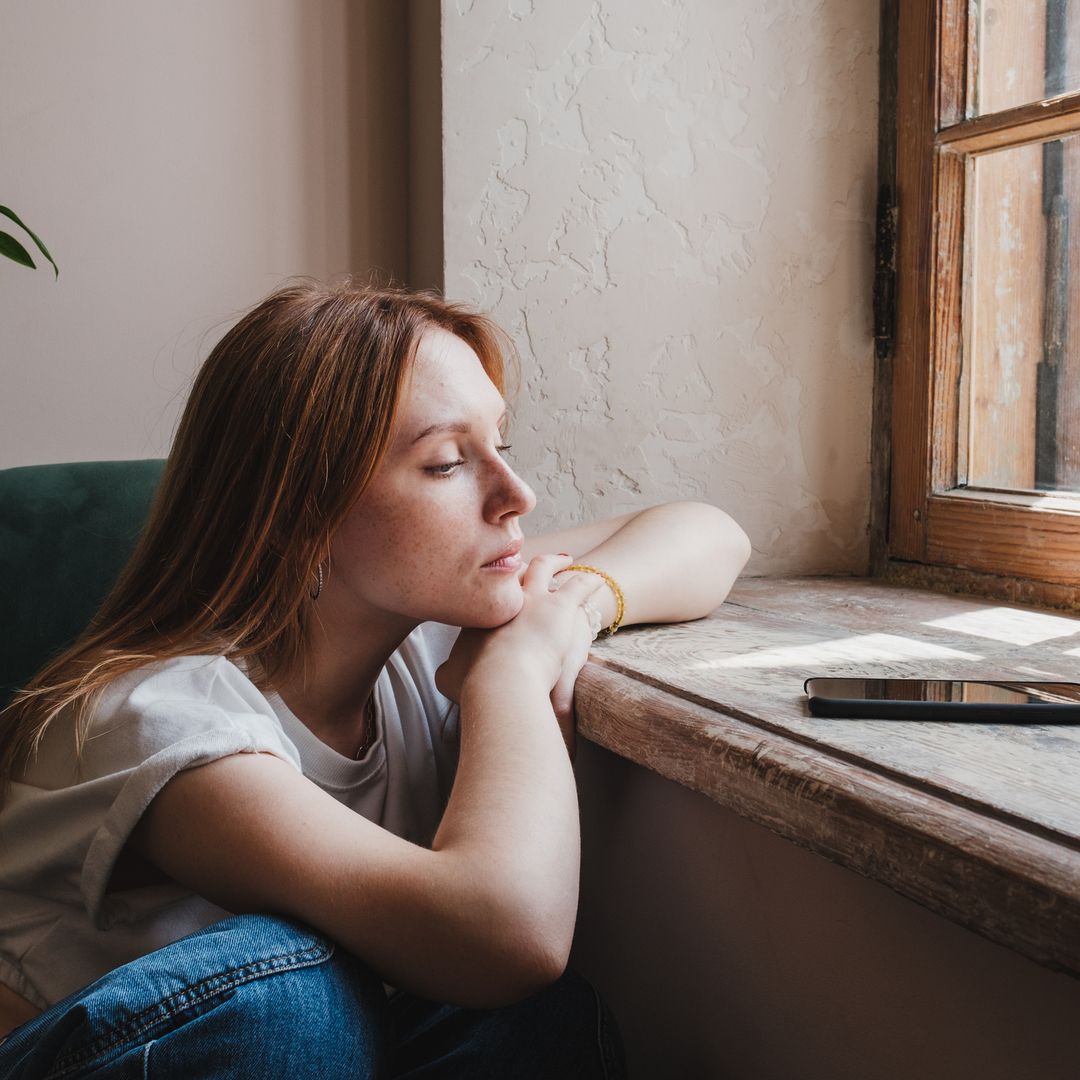As a nation, we're getting better at opening up about mental health. But for sufferers of acute anxiety, it can be hard to explain experiences and symptoms with those that have never felt anxious themselves - and since one in six people experience a 'common mental health disorder' like anxiety or depression each week in the UK, feeling comfortable chatting about it is an in-demand skill. If you have a close friend who is anxious, you will no doubt have wanted to help and support wherever possible - but for many sufferers, there's a fine line between helpful and unhelpful.
So what is the right thing to say? First off, getting informed on what anxiety really is can give a much clearer insight of what the affected person is going through. Anxiety UK's definition is: "Anxiety is a normal response to stress or danger and is often called the 'flight or fight' response. This process involves adrenalin being quickly pumped through the body enabling it to cope with whatever catastrophe may come its way. Problems arise when this response is out of proportion to the actual danger of the situation, or indeed is generated when there is no danger present." Resulting physical symptoms can include shortness of breath, racing heartbeat, chest pain, nausea and tremors - it really can be terrifying. A simple "try and calm down" simply won't cut it.
MORE: Celebrities on their mental health struggles
1. Never say, "It's all in your head"
The ultimate anxiety no-no is a matter-of-fact, overly logical response. "Avoid phrases like 'there’s no reason to be anxious', or 'it’s all in your head'," says psychotherapist Noel McDermott. "It could add to the confusion and shame the person. Also, the feelings the person is having absolutely are real."
HELLO! spoke to several women suffering with anxiety to hear their perspectives. One, Annie*, tells us: "Never tell anyone who is having an attack to calm down or relax... they can't. It's ignorant to think it's a switch that can be flipped one way or another. Instead, look at them, and breathe deeply so they can try and copy you. Tell them to breathe and that they are going to be okay."
Lena Dunham portrayed her own experiences of mental health and friendships in HBO series Girls
2. Listen and learn
The overriding message from every sufferer was to really listen, rather than doing anything particularly proactive or trying to suggest solutions – there's not always an immediate answer for someone experiencing panic or anxiety. "I have such a vivid memory of a very dear friend sitting at the beach with me and just letting me cry and give voice to all the anxieties, without trying to make it better. It was so therapeutic to just be listened to in that state," adds Holly.
Get to know your friend's triggers and pressure points, if they're ready to open up to you. "My best friend acts as my 'point person' in social situations and it’s a godsend," says Linda, who has social anxiety. "She checks in with me often throughout any event and helps me extricate myself from any situation which makes me anxious. If I do start to feel like my inner voice is making it hard to interact with anyone, she’ll take me outside and let me chat through what I’m ruminating over – sometimes a ten-minute chat is enough to give me the energy keep going."
3. Spending time together may change
Social situations can be particularly tricky – try not to get frustrated if your friend cancels on you, or doesn't want to go out much. Annie says: "I get incredibly worried about going to new places or walking in alone to meet people. So if you are meeting up with a friend who has anxiety meet them outside the restaurant/bar or text them the exact location of where you are sitting.
"Don't be angry if your friend cancels plans. Going out socially can be incredibly daunting. Maybe suggest just you and them time some other night. Don't let that stop you from inviting them out, though, because they will appreciate it – sometimes I go out for an hour or so and leave early."
RELATED: 7 ways you can be kinder to yourself
4. Get grounded
The grounding method is a great technique for helping those in the throes of a panic attack. Tell them to take some deep breaths, and name four things they can see, three things they can feel, two things they can hear, one thing they can smell. This can bring the awareness back to the surroundings rather than the source of anxiety and fear.
5. Don't be too hard on yourself
And finally, if you're really concerned, advising your friend to get professional help is paramount. "If you think your friend’s anxiety is having a negative effect on themselves and their lives, encourage them to get help, to go to the GP or use IAPT services," he adds. "Don’t be afraid of broaching the subject. You could help them plan the visit to the GP, what they will say and maybe even go with them."
*All the case studies in this piece have had their names changed for privacy reasons.
Social media is a brilliant way to connect people and create communities, but it also has a dark side. Join HELLO!'s #HelloToKindness campaign to promote positivity on social media. A kind ethos underpins everything we do at HELLO! and we urge our community to think twice before you post. Find out more about the #HelloToKindness campaign.











